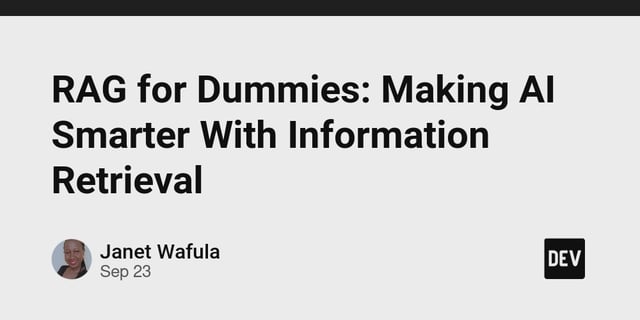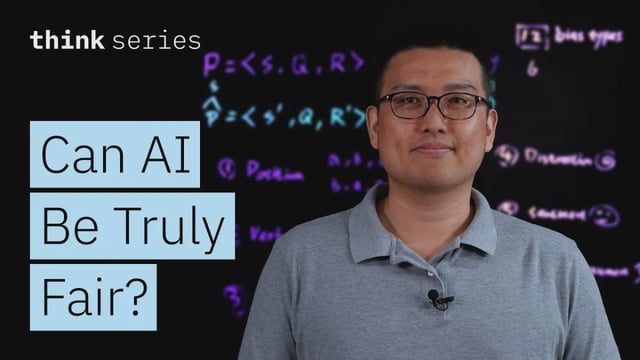Overview
- A comprehensive survey formalizes what it means for agents to generalize across tasks and domains, separating frameworks from agents and calling for standardized, variance- and cost-aware metrics.
- Fresh benchmarks such as EngiBench and AECBench find models strong on basic knowledge yet weak on high-level reasoning, robustness and domain calculations, while WildClaims, AIPsychoBench and DIWALI reveal gaps in real-world information access, psychometrics and culturally grounded adaptation.
- Method papers report measured gains from RLVR-trained reasoning models, joint graph–LLM retrievers (GRIL), code-based RL environments like CodeGym, and modular systems such as SignalLLM and LogicGuard; in one result, CodeGym training lifted Qwen2.5-32B-Instruct by 8.7 points on the OOD τ-Bench.
- Grounding advances include a knowledge-graph RAG chatbot with a tripartite RAG-Eval scoring framework, a large study showing LLMs handle graph inference best via code generation, and medical KG reward modeling that judges diagnostic paths well but transfers weakly to downstream tasks.
- Persistent limits are documented across the literature, including agent hallucinations throughout workflows, resistance to incorporating even near-complete feedback, and systematic biases in LLM-as-judge setups such as position, verbosity and self-preference effects.

